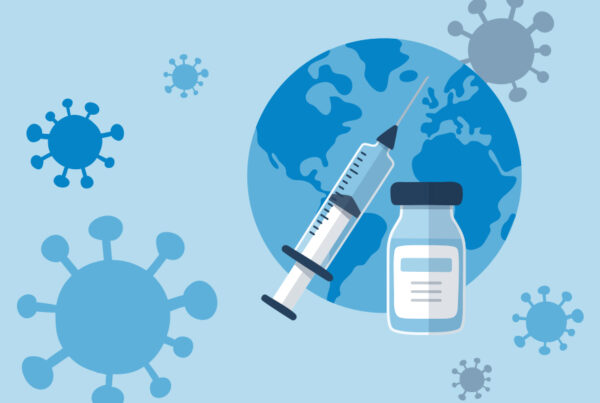We have read many research papers on coffee lowering the risk of Type 2 diabetes, largely because of the ability of caffeine to accelerate calorie spends, encourage weight loss and help control blood sugar. So why is a study in the Journal of Clinical Nutrition that revealed that drinking brew may be linked with a lower risk of Type 2 diabetes any different? Simply because this is the first time that coffee’s virtues in diabetes control are pegged on its antioxidant properties and ability to control inflammatory markers in the body.
The research, which will appear in a print publications in May 2023, examined the effects of drinking coffee on two large populations totalling over 150,000 people. It focussed on the relationship between markers of inflammation and coffee consumption, concluding that the inflammation-lowering effects of the beverage could be protective against Type 2 diabetes. An additional cup of brew per day reduced people’s risk of developing the disease by four to six per cent, the study says.

This hints that antioxidants neutralise oxidative stress in the body that can lead to dysfunction of pancreatic beta cells.
Diabetics are generally recommended a cup of black coffee because of anxieties that excess caffeine could raise the levels of certain stress hormones like adrenaline. When in excess, these prompt the liver to release stored glucose, which provides an energy boost but can also raise the amount of the glucose that enters your blood unless it is used up through activity.




